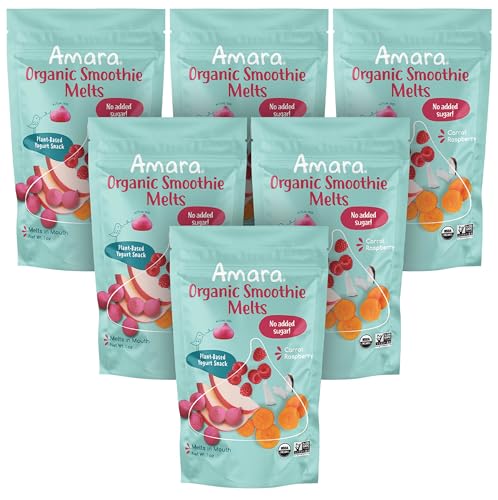I am in serious need of assistance, my kits are getting diarrhea at about 2-3 weeks old and passing away in a matter of days. All the adults are healthy, and it hasn't affected every litter that I have had, but over the past year months, I've had about four litters pass away from the symptoms. I've tried Benebac, but to no avail. I'm not sure what the cause is, and I could use some advice!
It sounds like it may be what a lot of us know as "weaning enteritis" even though it sometimes shows up earlier than actual weaning at 5-8 weeks. The bunnies get diarrhea, their bellies get bloated, they sit grinding their teeth (a sign of pain) and looking miserable for some amount of time (sometimes hours, sometimes days), then they die.
Basically what is happening is that as the bunnies start eating new foods, the bacterial fauna in the bunny's gut (especially the cecum) gets out of balance and "bad" bacteria overwhelm the "good" ones. This can happen in adults, too, when their feed is changed suddenly or they're under stress, but as bunnies begin to transition from milk to solid food, it very often becomes an issue. It is a pretty hard situation to fight, but here are some things you can do.
First, *before* you see problems, make sure there's a ton of *clean* hay in the cage and nest box for the bunnies. I can't overemphasize the *clean* part - change it out daily if necessary.
Once you find you do have a problem, if the bunnies are already separated from the mother, take away the pellets and everything but hay for a while, as they need lots of roughage to keep their systems moving and to feed the good bacteria. If they're still in with the mother, you can still take away the pellets for a day or two, or take the mother out for some pellets if you're concerned about her condition. If a bunny is ailing, you can take it away from the mother at 2-3 weeks but be prepared to syringe-feed both Esbilac goat puppy milk replacer, plus Oxbow Critical Care for a while.
If they're bloated, give them Simethicone infant drops to reduce the pain they're feeling from the gas buildup in their gut. If they're not in constant pain they're more likely to eat and drink, which is very important.
Next, knock out the bad bacteria with Neomycin sulfate. In most forms you now need a prescription to buy this

but you can still find it in pet stores, usually in the section for hamsters, under the name "Dri-Tail." It's a very diluted form of neomycin, but since most 3-4 week-old bunnies, especially if they're off their feed, aren't that much bigger than a large hamster, you can use the recommended dosage on the bottle. If they're very large, you can figure the appropriate dosage based on weight. (Neomycin sulfate is an old and very safe medicine with a large margin of error.) While I'm giving neomycin, I always like to add Benebac as well, to give the "good guys" bacteria a head start.
The other thing is that once you get the gut stabilized, the bunny will probably be pretty malnourished and weak. I usually try a mixture of Oxbow Critical Care and Nutridrops for rabbits. Critical Care is high in roughage and has a taste most rabbits seem to like. I mix it thinly with warm water and Nutridrops, and give it by syringe, as much as the bunny will take several times a day. This seems to help them over the hump while they're not feeling much like eating or drinking.
Finally, it might sound sappy but we have found that bunnies very definitely respond to love! The bunnies we bring into the living room to nurse back to health, which get a lot of attention and cuddling, have the highest probability of making it. One little mini rex kit, who had one of the worst cases of mucoid enteritis I've ever seen , would only eat and drink while one of us held and petted him. Not only did he make it, but he grew up to be my first Grand Champion opal (a color I had been working on for several years).




















































